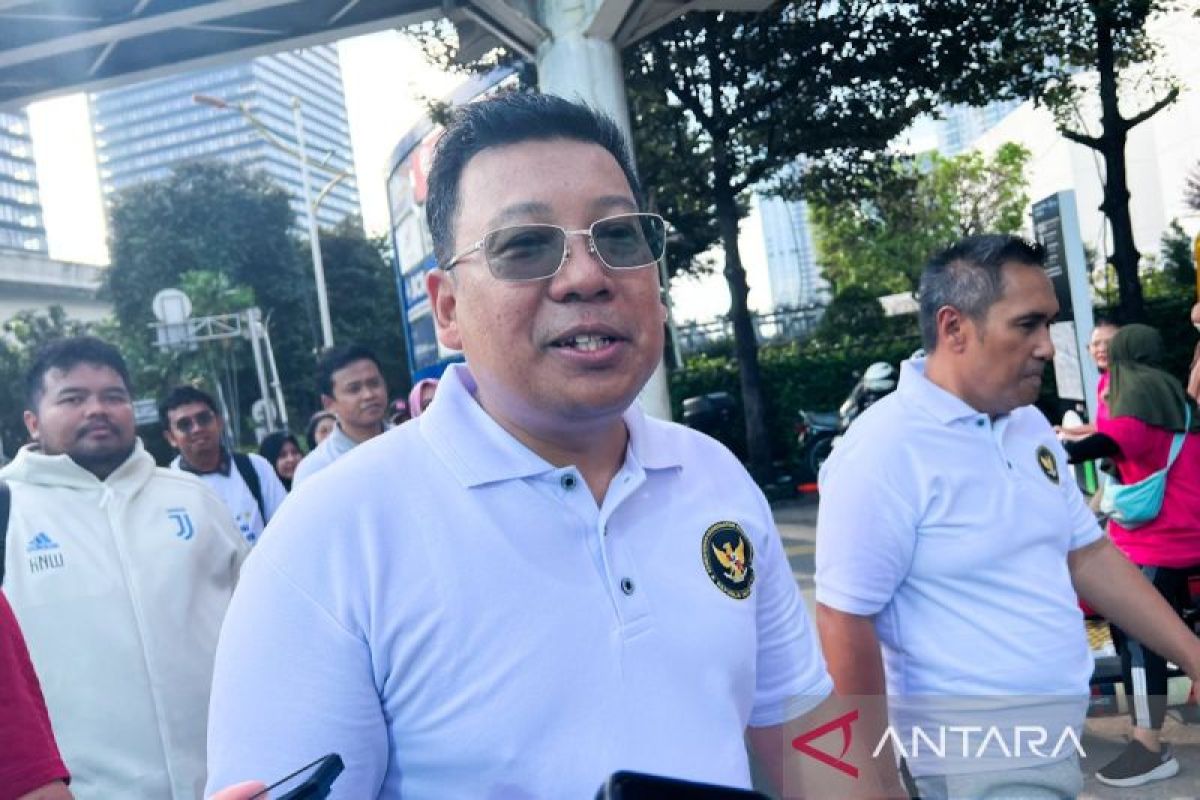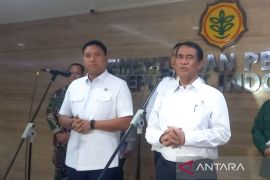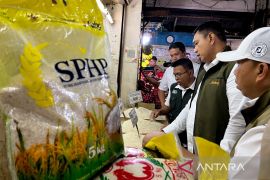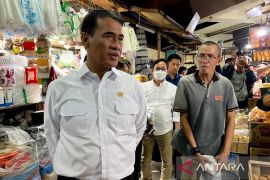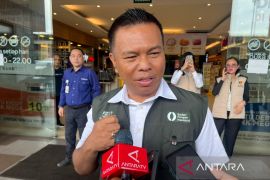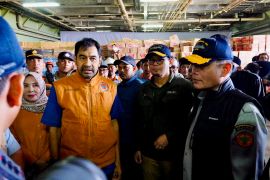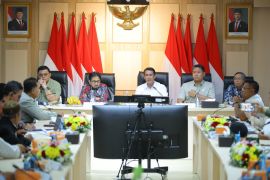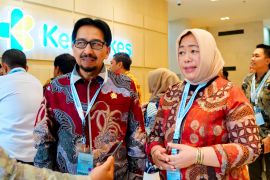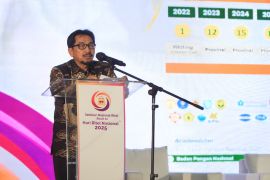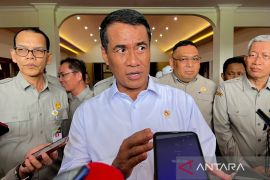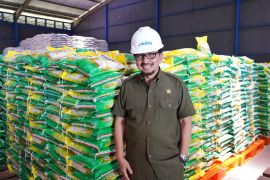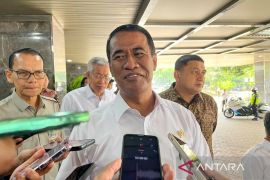“For food self-sufficiency, it is no longer an option but a necessity for all of us, starting with rice self-sufficiency,” he said in a statement released in Jakarta on Wednesday.
President Prabowo Subianto has emphasized that food independence and sovereignty are the main foundations for building national food security, he added.
According to Adi, Indonesia is currently recording a positive trend in food sufficiency. This is reflected by good production and levels of rice stocks.
As per estimates from the Statistical Center Agency’s (BPS’) Area Sample Framework (KSA), the nation could record surplus rice production of 2.8 million tons by July 2025.
Meanwhile, State Logistics Agency (Bulog) has absorbed around 2.5 million tons of rice equivalent from domestic sources during the period from January to mid-June this year, in addition to stock transfers from the previous year, which amounted to 1.7 to 1.8 million tons.
“The national rice availability is in a very secure condition,” Adi said.
However, some challenges may be faced in the second half of this year, when ensuring water availability, an important element in the production process, will be crucial, he added.
Adi said that the key to success in the second half lies in prioritizing irrigation development and ensuring readiness in terms of land, water, seeds, fertilizer, and agricultural machinery to support the collective effort toward building national food self-sufficiency.
“Of course, we fully support the Ministry of Agriculture and the Ministry of Public Works in the joint efforts toward food self-sufficiency,” he said.
Related news: Indonesia to be food supplier, help drought-hit nations: Prabowo
He pointed out that post-harvest aspects are equally important, such as processing; using modern rice milling unit (RMU) technology for rice commodities; modernizing storage and maintaining stocks at warehouses; and strengthening distribution chains.
Providing financing through low-interest schemes such as the People’s Business Credit (KUR) would be crucial, too.
The entire supply chain will be bolstered with the help of national strategic policies, including the presidential regulation (Perpres) and presidential instructions (Inpres) on the Red and White Village Cooperatives, involving 19 ministries/agencies.
The Red and White Village Cooperatives program is targeting to strengthen 80 thousand village cooperatives and make them food economy drivers at the local level.
Bapanas has expressed full support for President Prabowo Subianto’s and Vice President Gibran Rakabuming Raka’s priority programs.
They include strengthening national and regional food balances, as well as maintaining a robust government food reserve that is ready for use in emergencies.
With a can-do spirit on the ground, Indonesia can achieve sustainable food sufficiency, not only in rice but also other strategic commodities, he emphasized.
“The most important thing is collaboration and our collective commitment. Indonesia can do it if we work together,” Adi said.
Related news: VP Gibran joins rice planting activity amid food sufficiency push
Translator: Harianto, Azis Kurmala
Editor: Rahmad Nasution
Copyright © ANTARA 2025
